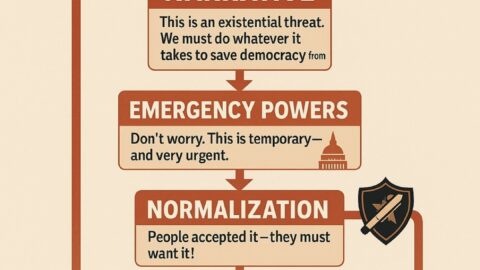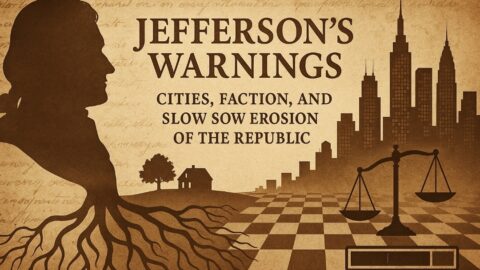“The iconic thing about life is that you are a different person to everyone you meet. To some, you’re distant and hard to know. To others, you’re the kindest person they’ve met. Some people see you as unforgettable, while others see you as a passing thought. But these versions aren’t the real you. They’re just reflections of how others choose to see because people don’t see you as you are.They see you as they are. Their perception of you is just a mirror of their own world. And no matter what you do, you’ll always be a reflection of what they need, what they feel and what they expect. Because the truth is, no matter how carefully you shape yourself to fit their expectations, someone will still misunderstand you or misjudge you. And if you spend your life trying to control how they feel inside of your own, but maybe the real thing comes up from being understood by everyone, but from no longer needing to be because the only version of you that truly matters is the one you live with.”
This passage beautifully captures the complexity of human perception and identity. It suggests that our identity is not fixed or singular but is instead shaped by how others perceive us. Let’s break down the key concepts and themes within this thought-provoking reflection:
Multiple Versions of You:
The passage begins by acknowledging that we present different versions of ourselves to different people. These versions are shaped by:
- Context: How we behave around family, friends, or strangers.
- Perception: How others interpret our actions and words.
- Personal Biases: The way others project their own feelings and beliefs onto us.
Example:
To a coworker, you might appear professional and reserved, while to a childhood friend, you’re relaxed and playful. The person you are in both situations is technically the same, but perception shapes the version that others see.
Reflections of Others’ Worlds:
The passage argues that people see you not as you truly are but as they are—through the lens of their own experiences, emotions, biases, and expectations.
- Projection: People often project their insecurities, desires, and biases onto you.
- Selective Perception: They may focus on traits that confirm their preconceived notions, ignoring aspects that don’t fit.
Example:
Someone who values kindness may see your quietness as gentleness, while someone who fears rejection may see it as coldness. Their interpretation says more about them than about you.
The Futility of Controlling Perception:
The passage points out that trying to control how everyone sees you is not only exhausting but also impossible.
- Human Nature: People will always have diverse reactions to you based on their unique perspectives.
- Misunderstanding is Inevitable: No matter how careful or considerate you are, someone will misinterpret your intentions or actions.
Example:
You might go out of your way to be helpful, but someone might perceive your assistance as intrusive or controlling. The effort to be liked or understood by everyone is a losing battle.
Embracing Your True Self:
The core message is that the most important version of yourself is the one you live with—the version that you know intimately.
- Self-Acceptance: Instead of molding yourself to fit everyone’s expectations, embrace your authentic self.
- Internal Peace: Finding fulfillment comes from living in harmony with your own values, not from being universally understood or accepted.
Example:
If you know that you acted with kindness and integrity, it shouldn’t matter if someone else misinterprets your intentions. Your sense of peace should come from knowing you stayed true to yourself.
The Paradox of Identity:
The passage subtly hints at the philosophical paradox of identity:
- Fluid Identity: You are constantly changing based on experiences and interactions.
- Immutable Core: Despite these changes, there’s a consistent, core self that you carry within—shaped by your beliefs and morals.
Example:
You may evolve and adapt in different social settings, but your core principles remain intact. Being misunderstood does not diminish your true self.
Letting Go of Validation:
Finally, the passage advises that peace comes from letting go of the need to be understood by everyone. This realization:
- Liberates You: It frees you from constantly seeking approval or worrying about being misjudged.
- Encourages Authenticity: You live more freely and confidently when you accept that not everyone will “get” you.
Conclusion:
This passage ultimately delivers a profound life lesson: Authenticity is not about meeting everyone’s expectations or controlling how others perceive you. It’s about accepting yourself, knowing that your identity will be seen differently by different people—and that’s okay. Peace comes not from universal understanding but from being secure in who you truly are.






